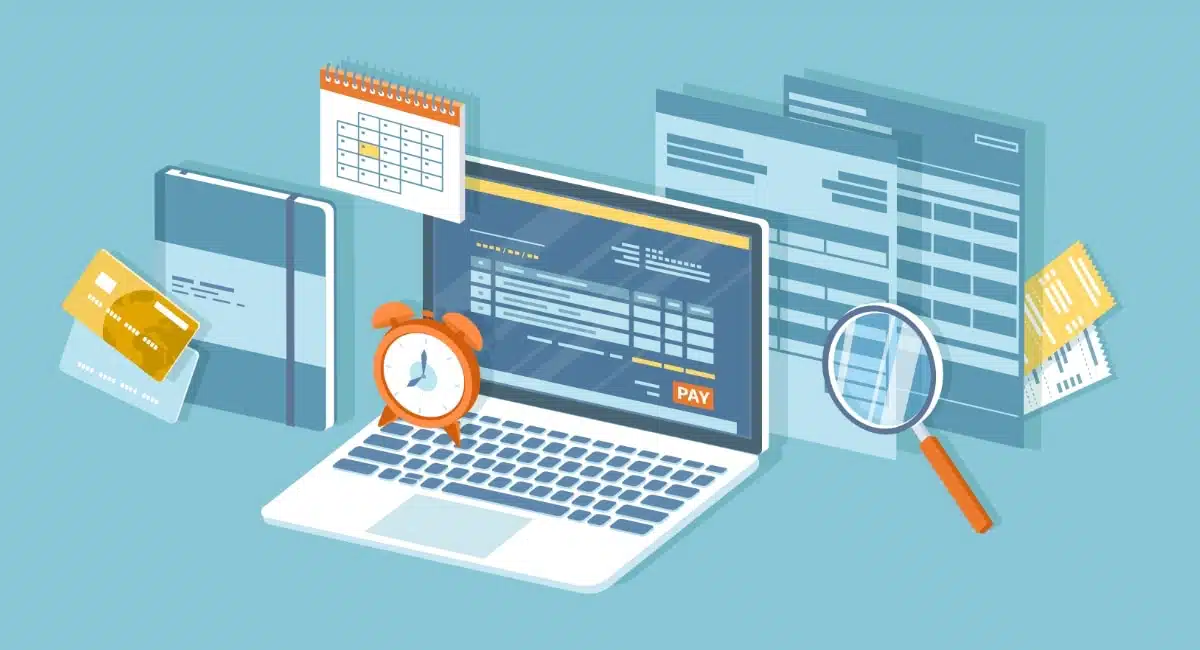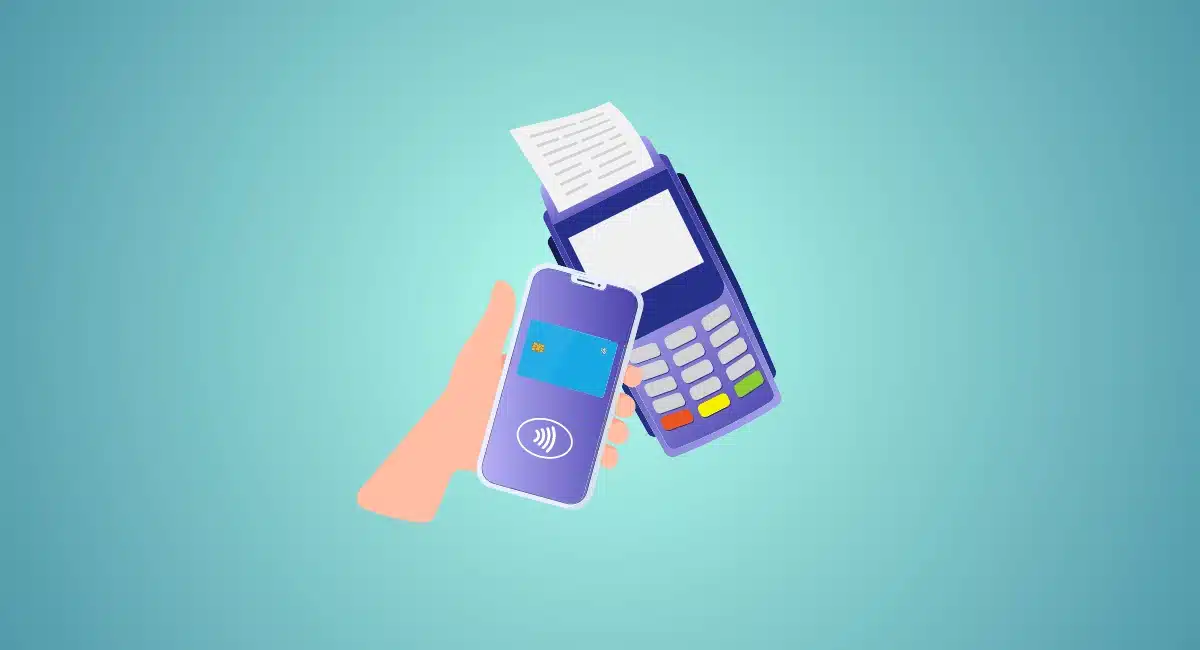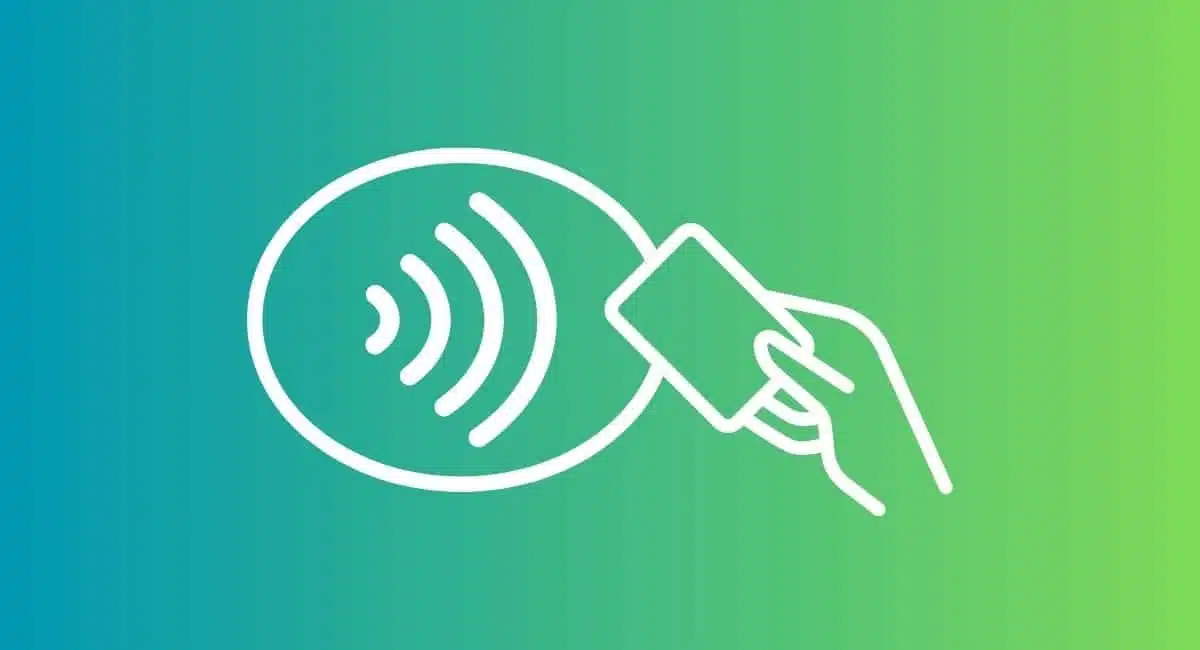Payment cards and cash are the most popular payment methods in the UK, but some people still pay by cheque.
So you might wonder: do sole traders and companies have to accept cheques? The answer is both simple and complex, as it partly depends on how it suits your business.
Is it illegal not to accept cheques?
Cheques are not a legal tender in the UK, and creditors are entitled to be paid in a legal tender if they wish. In other words, you’re not obliged by law to take cheques.
In fact, businesses are fully within their rights to decide which payment methods to accept. Merchants can legally refuse payments of any kind – cheques included – and only accept what they find convenient.
For example, it’s legal to accept cards only, but it might mean you lose customers who wish to pay by cheque.
Processing cheques can be a hassle
Legalities aside, is it practical to accept cheques? Many retailers have chosen not to do it because it’s too big a hassle.
With card payments, a customer just needs to insert or tap a card, and maybe enter a PIN. Cash payments are also straightforward with a till drawer and banking process, but cheques can be more complicated because they don’t guarantee that the customer has enough money in their bank account for the transaction.
Till staff therefore have to make certain checks and be aware of signs of fraudulent cheques. Some retailers require staff to record certain payer details on the back of each cheque to confirm its legitimacy.
If you don’t do this very often, it’s easy to forget the procedures unique to this method of payment, so proper staff training is essential.
To add to the complexity, some POS systems don’t have a cheque option, meaning you need to record it separately.
Depositing cheques at the Post Office or bank can be a hassle too, unless you’re routinely depositing cash anyway. Many bank branches have shut down in the last years, so some businesses do not have local access to their bank and therefore need to send cheques by post.
When they finally are deposited or sent, cheques take more days to clear in your account than cash and cards, sometimes several weeks.
Easier to deposit cheques today
It used to be the case that businesses had to bring or post cheques to the bank or Post Office, but it is actually easier to deposit cheques nowadays due to a more efficient image-based clearing system.
This allows you to take a digital image of each cheque and submit it via your banking app (for example via Starling Bank) for faster clearance. Not all business accounts have this feature, so it’s worth checking if yours does before deciding to add this payment method.
The image-based clearing process is often free, so it might even be the cheapest way to process transactions when cash deposits and card transactions have fees.
Do your customers prefer cheque?
If your business doesn’t get many customers using cheque, you might simply decide it’s not worth dealing with. But if your clientele happens to include people who rely on cheques routinely, it’s worth accommodating for it to keep them loyal to your business.
Cheques tend to be used more by elderly and vulnerable people who have less trust in electronic payments. Not everyone feels comfortable with debit and credit cards or digital payments via the internet.
In the rare case you need to transfer money back to customers, you may also want to use cheques. Because of increased phishing fraud in the last years, more people are suspicious of sharing card payment details online or over the phone. In response, some businesses voluntarily send out cheques when owing money to customers, since cheques do not need to contain the recipient’s bank account details.




